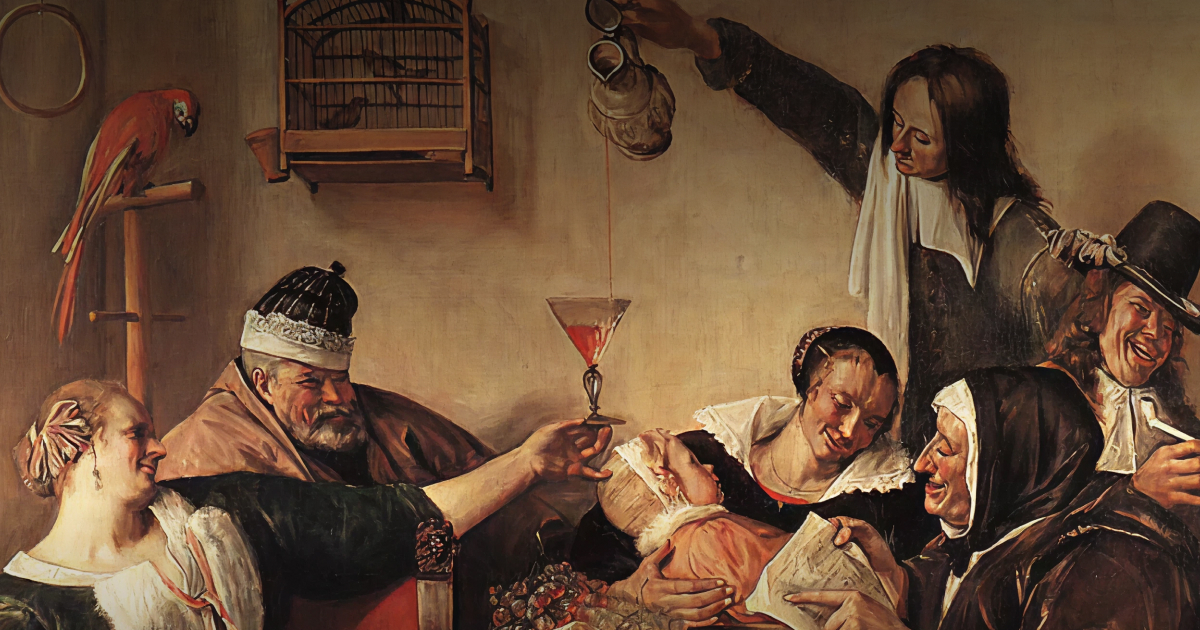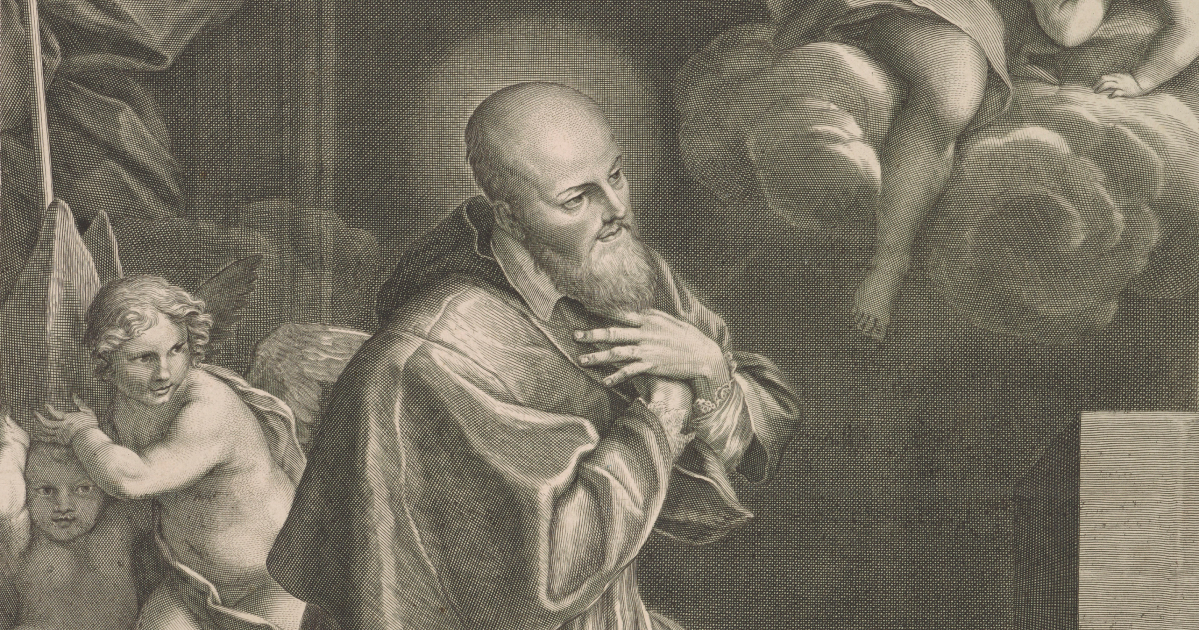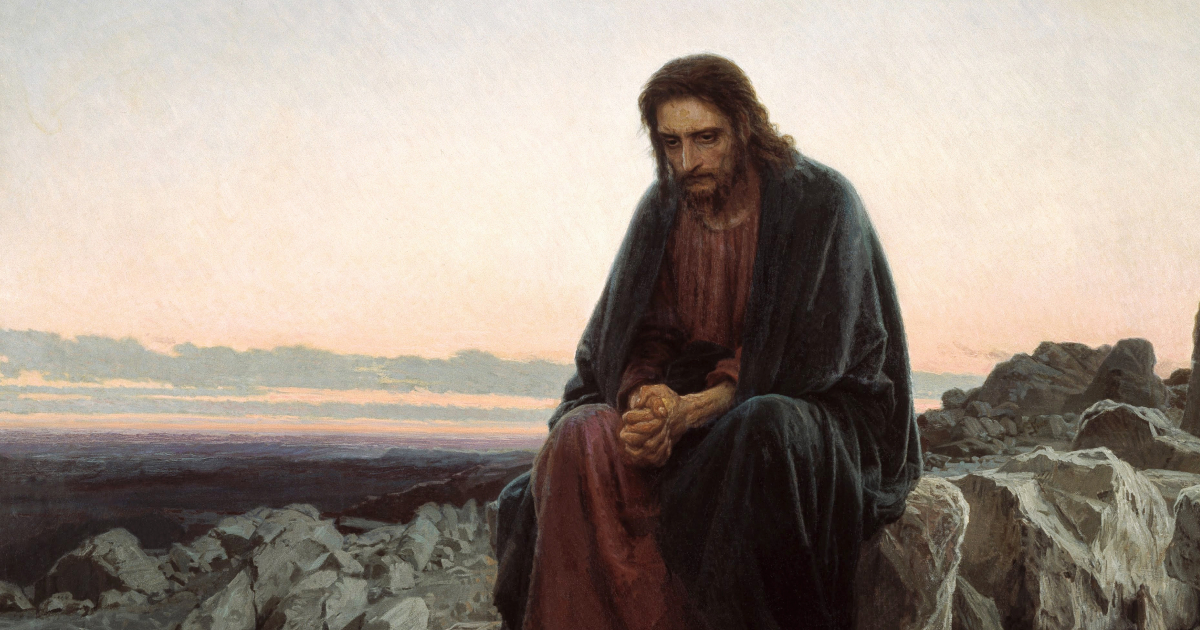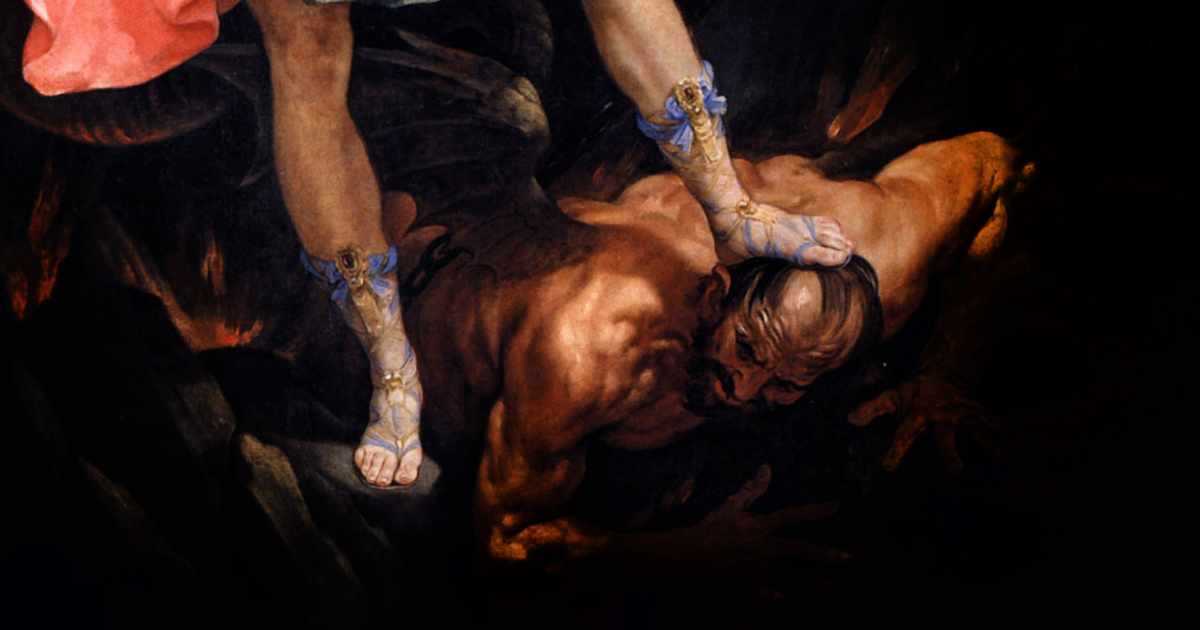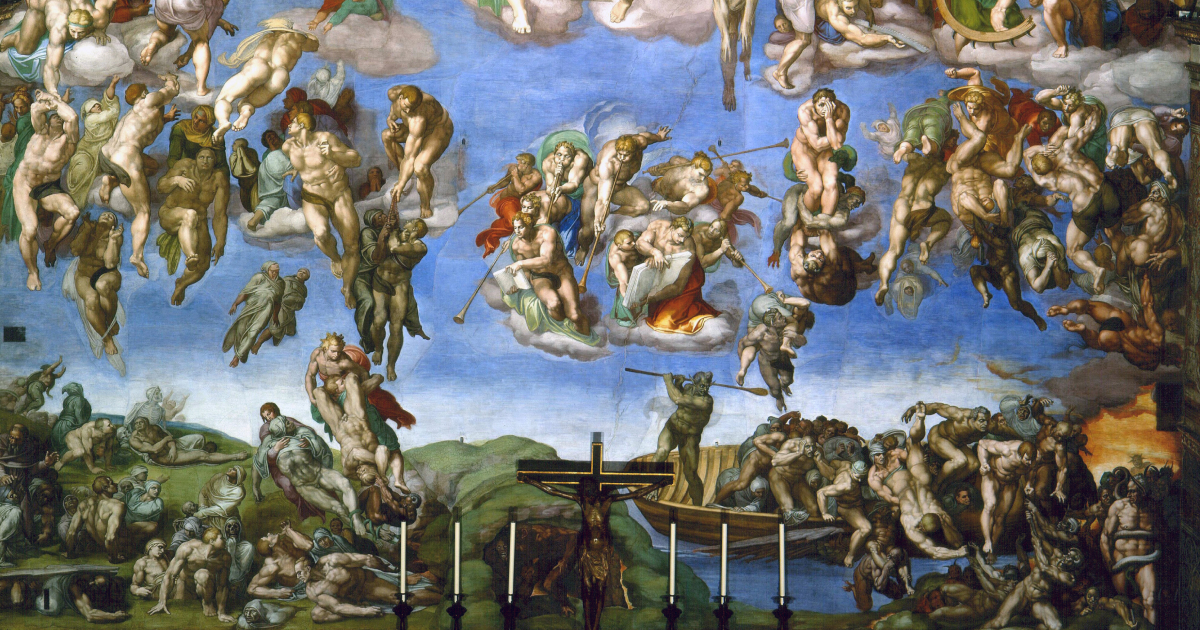A father’s heart: My daughter, Caroline, was always fragile. Redundancy and a relationship breakdown two years ago pushed her over the edge. She sought refuge in alcohol. Her life is a wreck. Of course, I still love her and care desperately, but I simply don't know what to do. She only contacts me when she wants money. I have run through my life savings. I don't want to mortgage my home, but, as a Catholic, I would feel guilty if I were to say no. Help.
One of the Herald's chaplains: My heart goes out to you and to Caroline. The first thing to say is that there are two people who need help – Caroline and yourself. You must protect yourself. Addicts are very capable of taking others down with them and then you are no longer in a position to help Caroline. You should not feel guilty about saying no. Christ-like loving is about wanting what is best for the other person and doing something about it. "No" can be, and most frequently is, the most loving response to an addict.
The problem, as you appreciate, is that unhealthy people no longer recognise what healthy boundaries look like. You are called to help Caroline by setting those boundaries for her and enforcing them. Of course, you will assure her of your love – but you also let her know clearly what you are able to give in terms of time and financial resources. As hard as it may be, you must then stick to that.
The Swiss psychologist Carl Jung recognised that addiction is neither a deliberate choice nor a human weakness. It is the search for meaning, an escape from suffering, but looking in the wrong places, using a medium which can never ultimately provide what the addict is seeking.
It ought to be easier for Catholics to understand this. Addiction is greater than human desire. Therefore, something greater than human effort is required to counter it.
The answer is found in the spiritual, in God. You don't mention whether Caroline is practising her faith. I am sure that you are encouraging her to do so. The most effective help we can give Catholic addicts is to combine the sacramental system, where we receive the grace of God to fight our demons, with one of the various 12-step recovery programmes which exist.
Raise gently with Caroline the possibility of spiritual direction and counselling. Perhaps you can point her in the direction of a priest whom she already knows and trusts. A critical point is the acknowledgement of our behaviour, admitting we have a problem. Obviously, for Catholics the sacrament of Confession is crucial here – both in the individual's recognition of the situation and the healing power God can bring to that.
In the US there are specifically Catholic programmes for addicts, such as the Calix Society and Catholics in Recovery. It may be possible for someone in the UK to join the online meetings of these groups.
Alcoholics Anonymous dates back to the 1930s. While not specifically Catholic, its origins were influenced by Christian thought, it invokes the aid of "a higher power", and its steps bear a certain resemblance to Catholic spiritual practices.
AA groups do tremendously good work. If you can encourage Caroline to join one, you will be performing an incredibly valuable service for her. If she is reluctant to attend alone, it should be possible for you, or another family member of friend, to accompany her to one of the group's open meetings. Then there are other closed meetings, so members have the assurance of absolute confidentiality.
There exists a remarkable degree of honesty and support within AA groups in which there can be some very profound conversations about God. Members can speak movingly as to how they have encountered His power and love in their lives. It is this combination of faith and friendship, supporting one another in observing boundaries and discipline, which has often allowed former addicts to discover true meaning and purpose in their lives and, in the process, attain sobriety.
Through recovery from addiction so many people have come to know God in a new and personal way. Encourage Caroline to investigate joining a local AA group.
If Caroline has not yet arrived at the point where she might be open to accepting this advice, then continue to pray for her. In the Gospels we see Our Lord restoring to parents the children whom they had lost. Our Lady shares your maternal love for Caroline; her prayers are powerful.
In particular, ask for the prayers of St Monica. She had to watch her son, Augustine, embark on a path of self-destruction, morally and physically. Monica felt helpless. Yet she continued to love as a mother.
She did almost the only thing a mother could do in her circumstances: she shed tears and prayed continually. God always hears the prayers of a mother. Augustine went on to become one of the greatest figures in the Western Church. I will pray that God answers your prayers for Caroline.
Photo: Image by Arcadia
This article appears in the October/November 2025 edition of the Catholic Herald. To subscribe to our thought-provoking magazine and have independent, high-calibre and counter-cultural Catholic journalism delivered to your door anywhere in the world click HERE.





